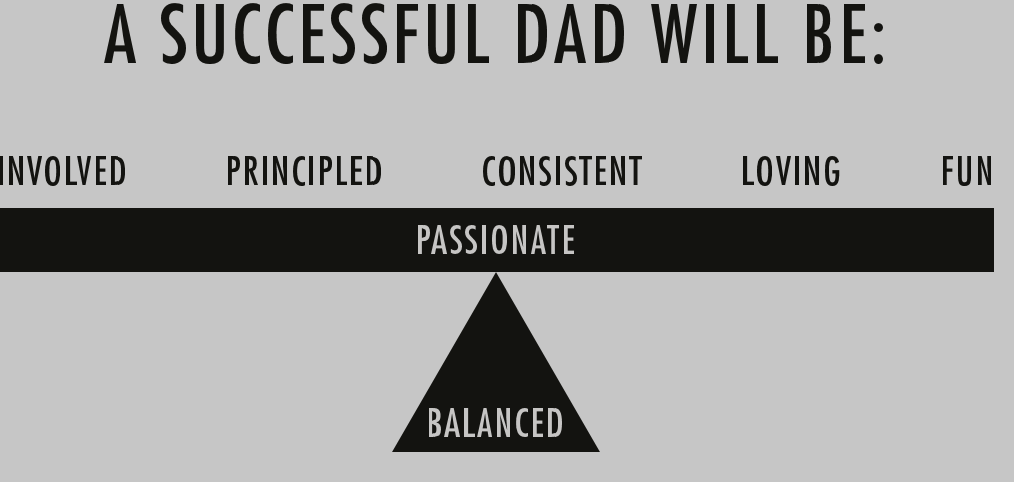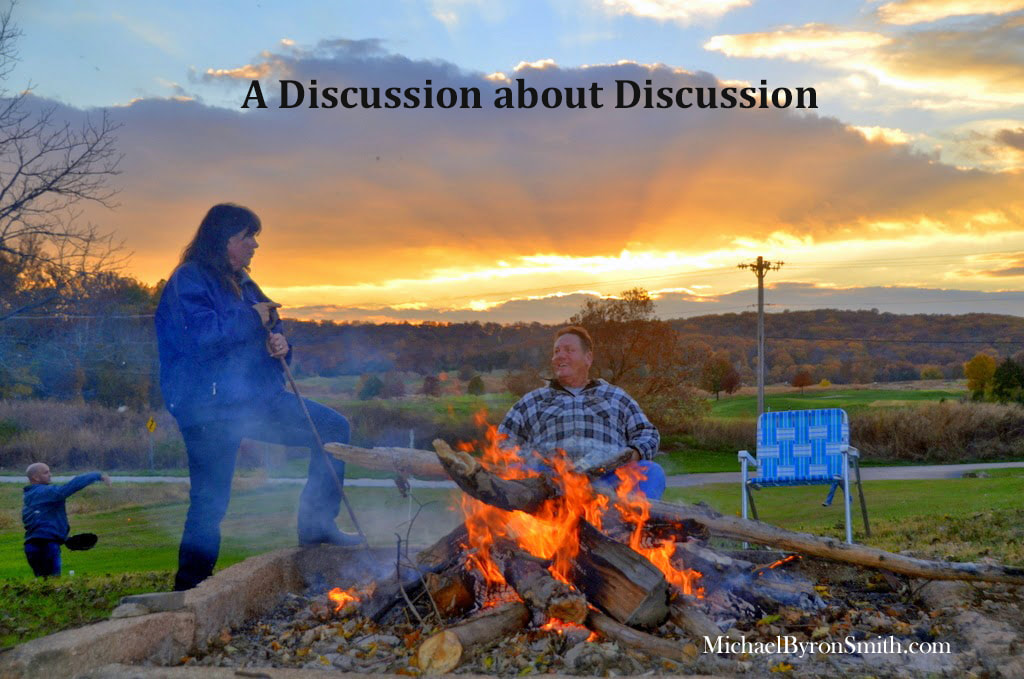With that said, get out your smart phone and use it to record your life with family. Unlike the past, we don’t have to carry a heavy phone around – or forget the little pocket camera that has film in it from 1986. That one extra step of developing your Kodachrome kept many memories from being shared. No longer!
Take as many photos and videos as you like. Pick the best of the best and delete the rest. Make collages or movies. It’s fun and simple! I use iMovie for simple things (it’s free). I use Movavi Video Editor for more complex projects. It’s very flexible allowing your personality to show through. You can add music, dramatic effects, voice-overs. and comments, etc.
Below is a video of numerous photos and movie clips I’ve taken over the years of my family using Movavi. I added an awesome song by ‘Drew Holcomb and the Neighbors’ entitled “FAMILY” and matched our family photos to the words. It is now a treasured keepsake and will be watched for years, including the children of my grandchildren!
ENJOY! And remember the #powerofdadhood















